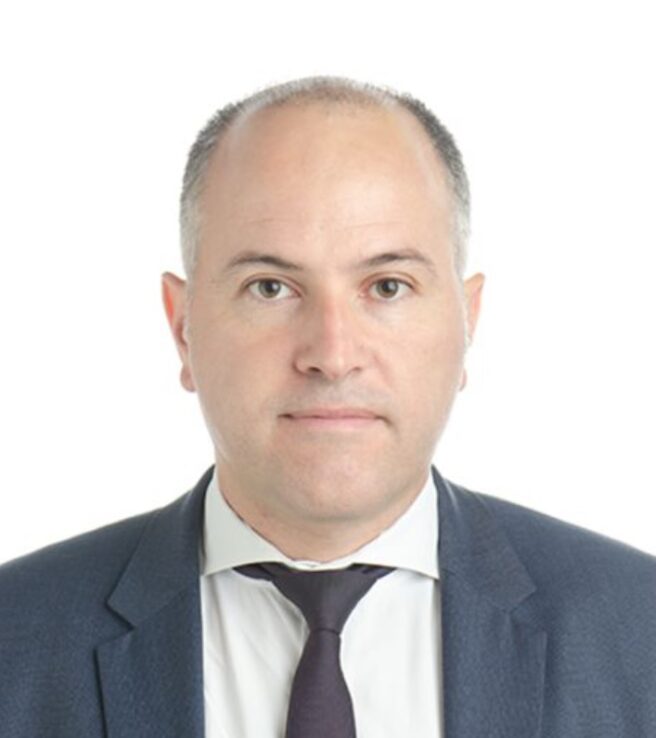With Guest Speaker IRS Criminal Investigation Special Agent Jonathan Schnatz

We are very fortunate to have Special Agent Jonathan Schnatz as our guest speaker in this podcast on international efforts to investigate tax evasion and money laundering, and how they relate to criminal investigations and civil audits of U.S. businesses and individuals.
Special Agent Schnatz










